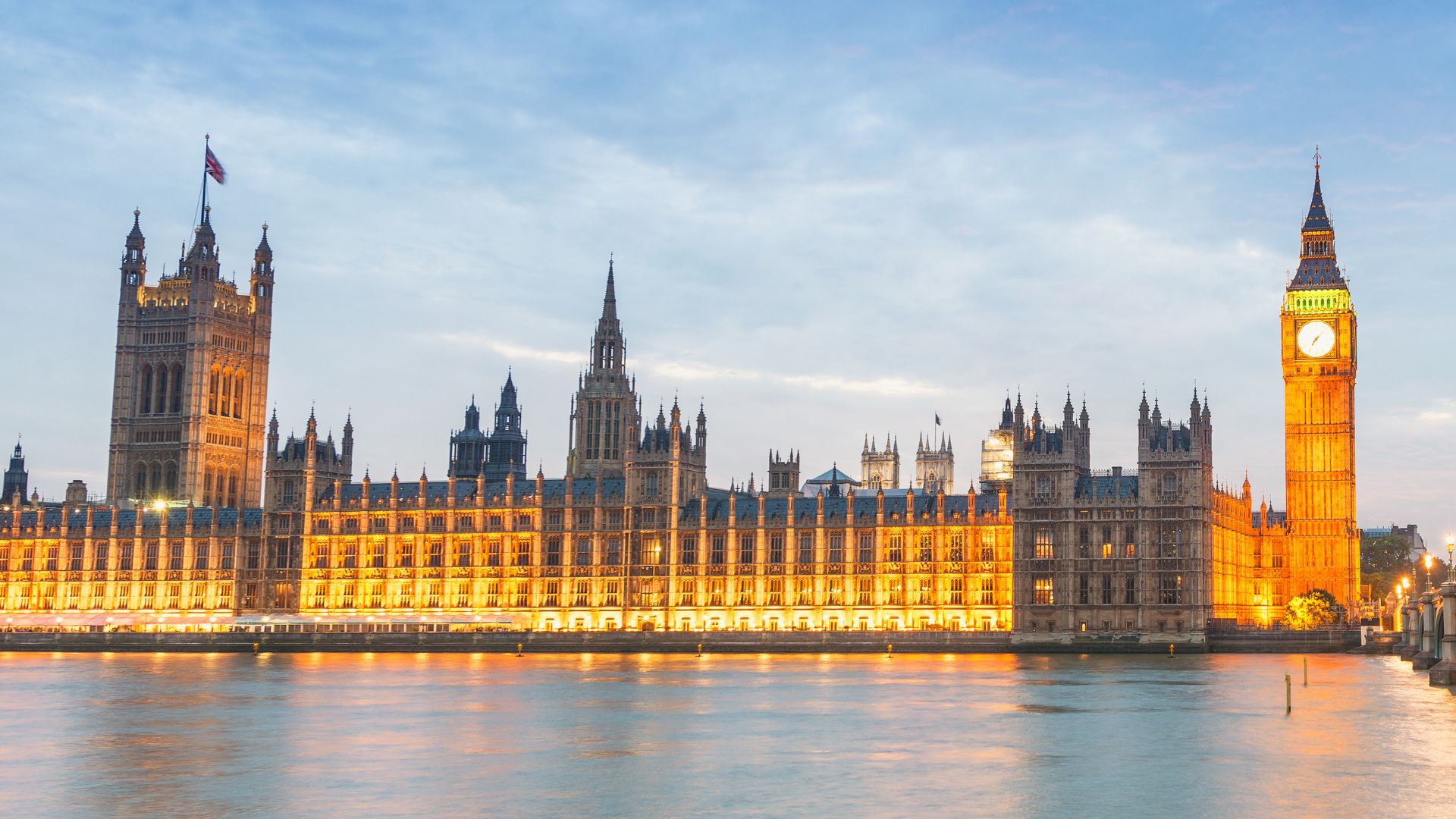

Jessica Birch
Public Sector


Mike Laughton
Artificial Intelligence
UK voters have elected the first Labour government since 2010, ending 14 years of Conservative-led administrations. At the time of writing, Keir Starmer’s party has won 412 seats, giving Labour a 174-seat majority. It is one of the party’s best-ever results, albeit on a lower vote share than any previous winning party. Rishi Sunak’s Conservatives avoided the direst predictions of third place but were still reduced to 119 seats, their worst-ever result. Sunak has committed to resigning as party leader, allowing for a contest between the centre-right and right factions of the party as it seeks to rebuild.
Labour has suffered some minor setbacks, with shadow culture secretary Thangam Debonnaire and shadow work and pensions secretary Jonathan Ashworth losing their seats. The party is set to win power with just 34% of the national vote share on a 60% turnout, the lowest-ever winning vote share. This could encourage the left of the party to push for a more radical agenda in government, which could cause instability later in the parliament.
For the Conservatives, a record 12 cabinet ministers lost their seats, including former technology secretary Michelle Donelan, former commons leader Penny Mordant, and former prime minister Liz Truss. The outgoing chancellor of the exchequer, Jeremy Hunt, won his constituency with a slim majority of 891. Having avoided its worst fear of coming third, the party will now form the official opposition.
The Liberal Democrats, nearly extinct in 2015, have returned as the third-largest party with their best-ever result of 71 seats. The Scottish National Party lost nearly three-quarters of its seats, returning just nine MPs, while the upstart Reform Party, led by Nigel Farage, won four seats but obtained over four million votes. While Reform’s vote share surpassed that of the Liberal Democrats, it has struggled to convert its broad but shallow support into seats. In Northern Ireland, Sinn Fein is set to become the largest party in Westminster as the unionist vote splinters.
The incoming government’s manifesto will strike a significantly different path:
The new government inherits formidable challenges. Many public services are on the brink, growth is anaemic, and a vastly increased cost of living makes voters hostile to increased taxation. Labour, like the Conservatives before it, will also have to navigate international crises outside its control in Ukraine and the Middle East.
Throughout the campaign, Labour stressed that it would use industrial, rather than fiscal, policy to chase growth. This leaves industry and technology as the two levers the government can pull to get results.
After receiving national security briefings, PM Starmer’s first priority will be to appoint core ministers responsible for finance, defence, the home office, and likely the deputy prime minister. The composition of Starmer’s cabinet is anticipated to closely resemble the current shadow cabinet, with the process of finalising ministerial appointments expected by Monday 8 July.
Early next week, PM Starmer, accompanied by the new foreign secretary and defence secretary, will attend a NATO summit in Washington, DC. The following week, Starmer will host a summit of the European Political Community at Blenheim Palace.
PM Starmer is keen to kick off his legislative agenda to deliver change, with the King’s Speech due to be delivered on Wednesday 17 July and a shortened summer recess of four weeks. The economy is poised to dominate the early legislative agenda, as the new chancellor of the exchequer will begin preparations for a mid-September budget, which will likely include measures aimed at economic recovery and addressing cost-of-living concerns.
To learn more about what the change in government means for your business, please contact Jessica Birch at [email protected] or Michael Laughton at [email protected].






